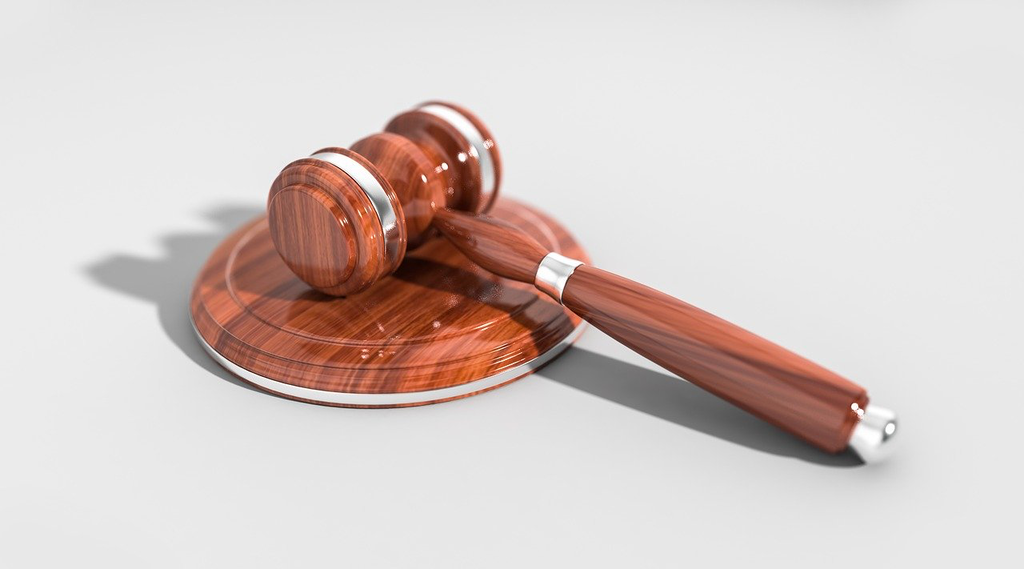Supreme Court judgment highlights that sexual intercourse without consent is rape
11 November 2016

In its judgment today, the Supreme Court has considered the meaning of consent in Irish law.
Delivering the judgment of the 7 judges who heard the case, Mr. Justice Peter Charleton highlighted that the border between rape and consensual sexual intercourse is consent. He said that consent cannot exist if a woman, for any reason, is not in a condition to give it.
Commenting on the judgment, Dublin Rape Crisis Centre CEO Noeline Blackwell said “We welcome the clear statement of Irish law by the Supreme Court that lack of consent is equal to rape. The judges also recognised that the crime of rape springs from the constitutional right of a woman to be protected against a gross violation of her mental and physical integrity. However, what the judgment also shows is that our law on consent needs to be strengthened. The court found that an honest belief by an accused that the woman consented would be a good defence for the accused even if the belief is unreasonable” She noted that the court had gone into some detail to consider the credibility challenges that an accused will face if claiming an honest belief of consent.
Repeating a call previously made by the Centre to the Tánaiste and Minister for Justice & Equality, Frances Fitzgerald TD to include a statutory definition of consent in the Criminal Justice (Sexual Offences) Bill 2015 currently going through the Dáil, Ms. Blackwell said “Given that it took a question to a 7-judge Supreme Court to give us an up to date answer on the Irish law on consent, and given that the answer is still very complex and case specific, it is more important than ever that the legislature would use the legislation currently going through the Dáil on sexual offence to clarify what is meant by consent. They should also ensure that they take the chance to improve our law so that it is entirely clear that a belief of consent must be real and well grounded in reality”.
Spokesperson: Noeline Blackwell, CEO.
Notes
The decision of the Supreme Court was delivered by Mr. Justice Peter Charleton on behalf of a 7 judge Supreme Court on Friday November 11th 2016 in the case of The People (at the suit of the DPP) and C O’R
Dublin Rape Crisis Centre is a non-governmental, voluntary organisation which has as its mission to prevent the harm and heal the trauma of rape. In addition to working to eliminate tolerance of sexual violence in our society, it offers a suite of services to victims of sexual violence. It runs the National 24-hour Helpline for those who need it in any part of the country. It offers face to face therapy and accompaniment to the Rotunda Sexual Assault Treatment Unit, to court or to Garda stations to people in Dublin and in surrounding areas from its offices at Leeson Street. There are outreach offices at Coolock Civic Centre, Dóchas Women’s Centre, Mountjoy Prison and Tallaght Hospital.
We ask that when reporting on this topic, journalists remember that discussions on sexual violence can trigger personal trauma in those receiving the information. Where possible, please make reference to the National 24-hour helpline number 1800 77 88 88 for anyone who may be affected by the discussion.
/End